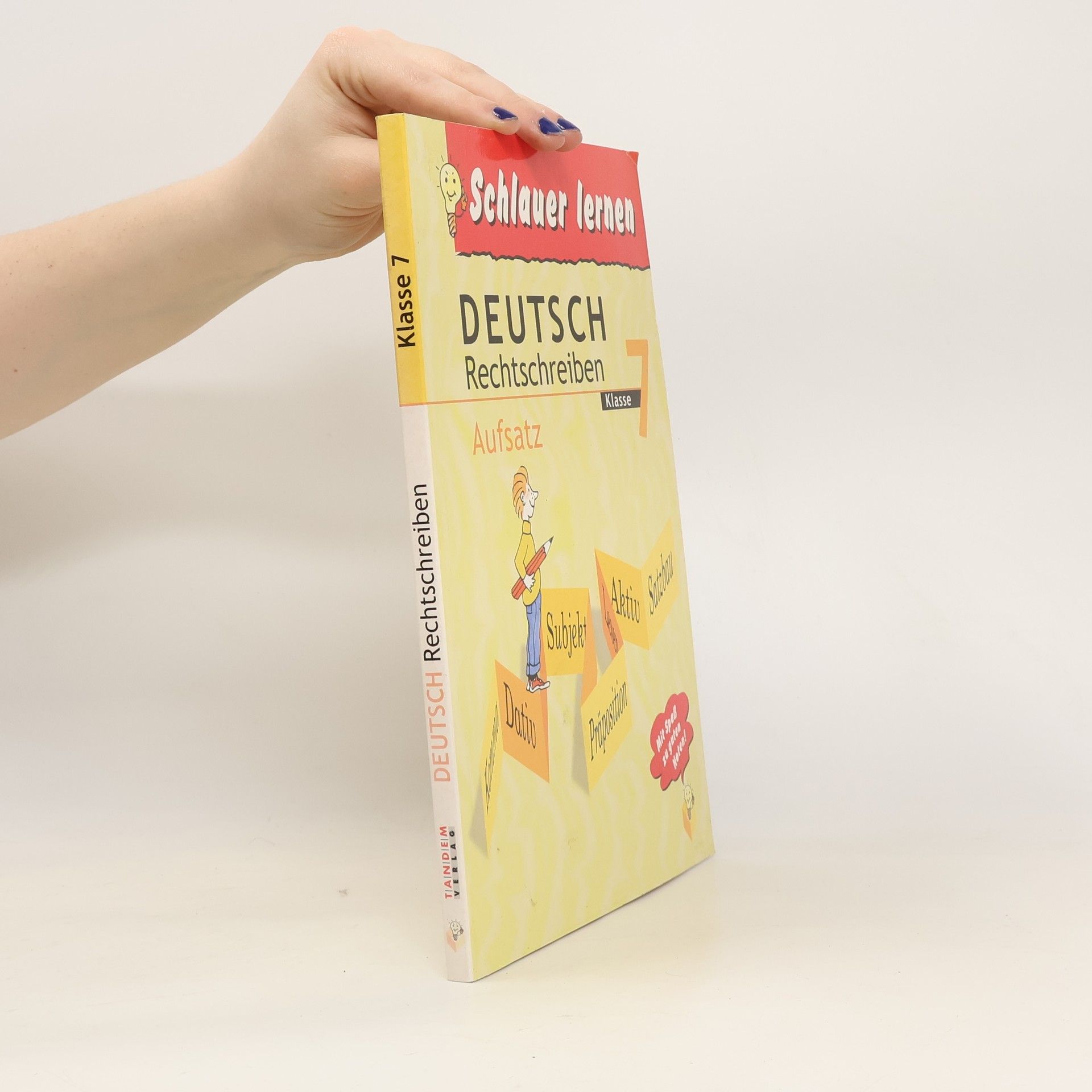Jahreslosung 2025 - Stundenentwurf und Postkarten (10 Ex.) für Teens und junge E
Prüft alles und behaltet das Gute! (1. Thess. 5,21)
Ein Set von 10 Postkarten mit einem Motiv für Teenager und junge Erwachsene zur Jahreslosung sowie einer Broschüre mit drei verschiedenen Stundenentwürfen für Gruppen unterschiedlichen Alters (Kinder, Teenager, junge Erwachsene).Mit dem Stundenentwurfsheft gelingen Gruppenstunden zum Thema der Jahreslosung 2025. Enthalten sind Erklärungen zum Bibelvers und dessen Kontext, Betrachtungen zur Bedeutung des Verses für die unterschiedlichen Zielgruppen sowie praktische Ideen und Methoden für die Gestaltung einer Gruppestunde.



